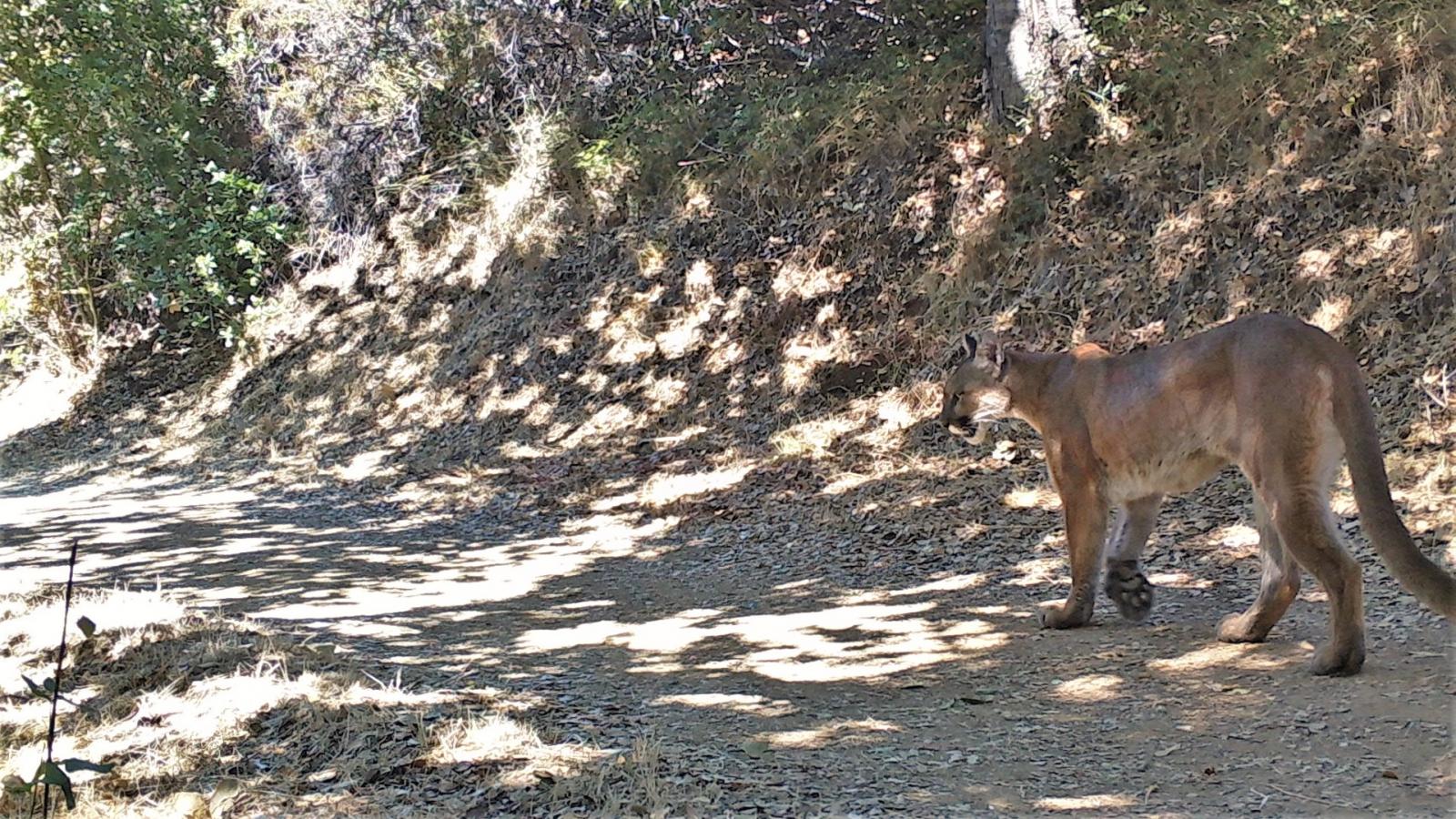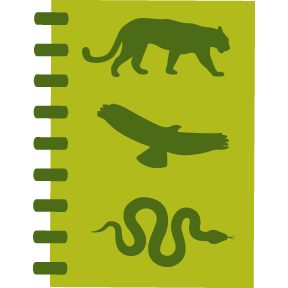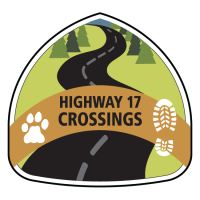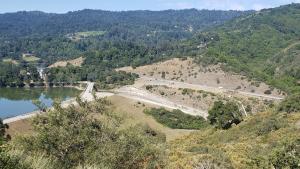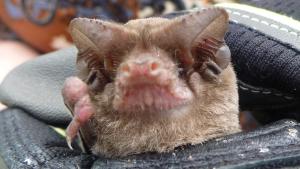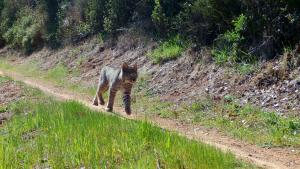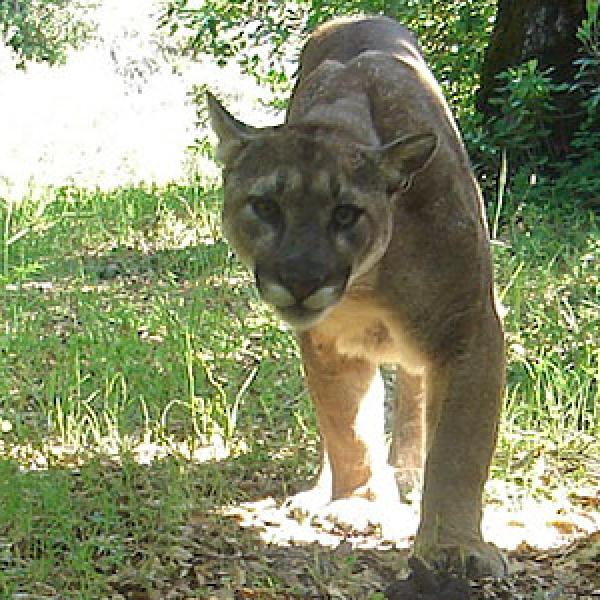
Mountain lions, also known as pumas and cougars, play an important role as keystone predators in our local ecosystem. Their primary food source is deer, but they can also prey on smaller animals like raccoons, rabbits and even wild turkeys.
Find out how to identify a mountain lion, what to do if you encounter one and how to stay safe on the trails.

